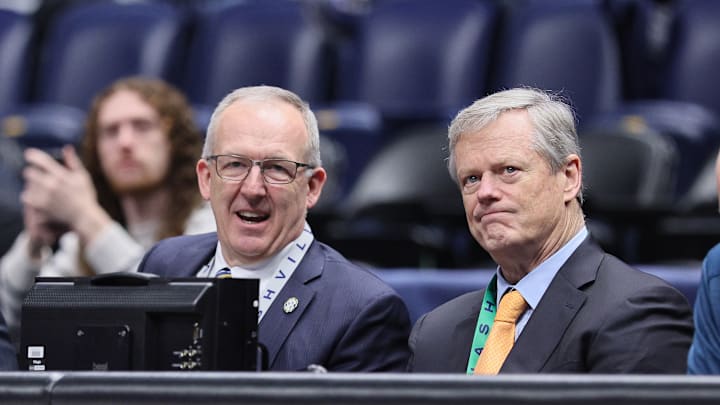Title IX is part of the Education Amendments of 1972 and it prohibits discrimination based on sex in educational institutions that receive federal funding. For athletic departments, this means schools must provide equal opportunities and benefits to male and female athletes. With the rise of NIL deals, where athletes can now earn money through sponsorships and endorsements, schools must navigate ensuring compliance with Title IX while supporting these opportunities.
The Dept of Ed issued a memo today clarifying how it will apply Title IX to NIL $ schools pay to athletes.
— Mit Winter (@WinterSportsLaw) January 16, 2025
Its conclusion: NIL compensation must be made proportionately available to male & female athletes.
This will change school rev-share plans.
And likely lead to litigation. pic.twitter.com/wrHoxvscL9
What Does Title IX Require?
Under Title IX, schools must:
- Provide Equal Opportunities: Ensure male and female athletes have comparable access to facilities, equipment, scheduling, and travel arrangements.
- Distribute Financial Assistance Fairly: Award scholarships and other forms of financial aid proportionally to the number of male and female athletes.
- Meet Athletic Interests: Offer programs that accommodate the athletic interests of both genders.
Schools’ compliance is evaluated based on the overall quality and impact of benefits provided, not necessarily identical treatment.
NIL Deals and Title IX
NIL agreements allow student-athletes to profit from their personal brand. For example, a basketball player might sign a shoe endorsement or earn money promoting a local business. While these deals often come from third parties, schools frequently facilitate or promote them, introducing potential Title IX implications.
How NIL Affects Title IX Compliance:
- Publicity and Support: If a school provides resources, like social media promotion or connections to NIL opportunities, they must ensure equivalent support for both male and female athletes.
- Financial Assistance: If schools directly compensate athletes for their NIL (e.g., licensing an athlete’s name for merchandise), that money counts as athletic financial assistance and must be distributed proportionally.
- Facilities and Events: Schools must ensure facilities used for promotional events, like media days or NIL networking, are equally accessible to all athletes.
How This Could Impact Kentucky Basketball
This is a massive decision in the NIL world and would completely change how schools were planning to distribute revenue
— Matt Jones (@KySportsRadio) January 16, 2025
There is also a decent chance the Trump Administration could reverse this. Will be worth watching as it was to be implemented this Spring https://t.co/8rZeluDnG8
Players like Amari Williams, who joined Kentucky through the transfer portal, stand to gain significant exposure and NIL earnings due to the program’s high profile; compared to the smaller schools they came from. However, such success also puts pressure on the university to ensure equal resources for women’s basketball and other sports.
Hypothetical Scenario:
Imagine Kentucky’s men’s basketball players receive substantial support through a school-backed NIL collective, including professional photoshoots, personal branding workshops, and sponsorship networking events. If the women’s basketball team doesn’t receive equivalent opportunities, the school could face Title IX violations.
To avoid such disparities, Kentucky might:
- Host joint branding workshops for all athletes.
- Allocate equal marketing resources to promote women’s basketball players.
- Invest in upgraded facilities or events to spotlight women’s sports.
Balancing Compliance and Opportunity
The evolving NIL landscape offers exciting opportunities for student-athletes but also challenges schools to uphold gender equity. Programs like Kentucky basketball must lead by example, ensuring their resources and policies benefit all athletes equally. By doing so, they not only comply with Title IX but also foster a culture where every athlete can thrive.
